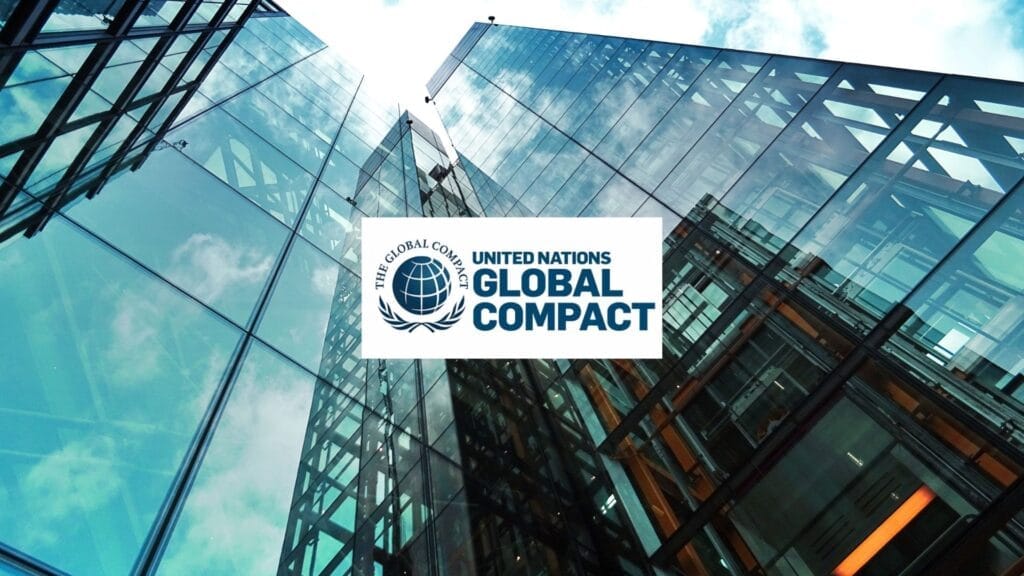Asia-Pacific Leaders at UN Global Compact Roundtable Push Sustainability

- CEOs and CSOs across Asia and Oceania call for region-specific sustainability standards and stronger cross-sector collaboration.
- Businesses stress that aligning ESG strategies with financial value will unlock investment and reduce risk.
- UN Global Compact cites evidence of a growing business case: 88% of CEOs see sustainability as a core driver, not just compliance.
Asia-Pacific Leaders Advance ESG Integration
On the sidelines of UN General Assembly week, the United Nations Global Compact convened senior business leaders from Asia and Oceania for a closed-door Leadership Roundtable aimed at redefining how the region approaches sustainability.
CEOs, CSOs, and executives from across industries engaged in discussions spanning sustainable finance, supply chain transformation, climate resilience, and the shifting role of the chief sustainability officer. The meeting’s core message: sustainability is no longer a compliance exercise, but an economic and strategic imperative shaping trust, competitiveness, and long-term growth.
“This roundtable demonstrated the momentum and leadership emerging from Asia and Oceania,” said Sue Allchurch, Chief of Outreach & Engagement at the UN Global Compact. “Businesses are not only responding to global challenges — they are shaping the solutions.”

From Compliance to Strategy
A recurring theme was the rapid evolution of corporate sustainability functions. Leaders emphasized that ESG is being embedded into the heart of operations rather than treated as a reporting obligation.
Governance reform and executive accountability featured heavily, with participants calling for boards to prioritize sustainability performance alongside traditional financial metrics. The rise of the CSO role was highlighted as critical in translating sustainability into enterprise-wide action.
The Global Compact’s 2025 CEO Study was cited as evidence of this shift: 88% of surveyed CEOs reported a stronger business case for sustainability today compared to five years ago, with technology, geopolitics, and shifting societal values driving the transformation.
Regional Leadership and Standards
Executives stressed the need for Asia-Pacific to move beyond adopting imported frameworks and to craft sustainability solutions tailored to the region’s diverse economies. Calls for regionally appropriate standards and stronger alignment between governments, investors, and businesses underscored the geopolitical weight of the discussion.
Several participants argued that Asia-Pacific has both the economic scale and the innovation capacity to shape global ESG standards rather than follow them. That stance reflects a growing recognition that solutions must address local realities — from resource security and biodiversity loss to supply chain vulnerabilities — while still aligning with the Paris Agreement and the Sustainable Development Goals.
RELATED ARTICLE: UN Global Compact Network USA Names Shobha Meera as Treasurer
Finance Follows Value
Financing emerged as a central thread. Leaders reiterated that for sustainability initiatives to attract capital, they must demonstrate tangible business value. One participant summarized the view: “Solutions need to make economic sense, then the funding will flow automatically.”
Discussions touched on emerging disclosure frameworks such as the Taskforce on Nature-related Financial Disclosures (TNFD), which aim to integrate biodiversity and natural capital risks into financial decision-making. Executives also stressed that demonstrating value in terms of resilience, efficiency, and long-term competitiveness will be key to unlocking investment.
Simiao You, Senior Manager for Participant Engagement at the UN Global Compact, said: “From supply chain innovation to regional collaboration, the insights shared at this roundtable show how companies are embedding sustainability into strategy and operations.”
Implications for C-Suite and Investors
For corporate leaders, the roundtable’s outcomes carry several takeaways:
- Sustainability is now inseparable from financial performance, demanding new governance structures.
- Regional leadership will shape standards and disclosure norms that investors must track closely.
- Supply chain transformation and climate resilience are becoming competitive differentiators in Asia-Pacific markets.
The event reinforced the private sector’s pivotal role in advancing the Paris Agreement and SDGs at a time when the region faces both acute climate risks and opportunities for growth. For investors and executives, the signal from New York is clear: Asia-Pacific is moving from adapting to global ESG frameworks toward defining them.
Follow ESG News on LinkedIn












